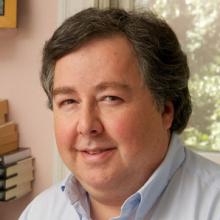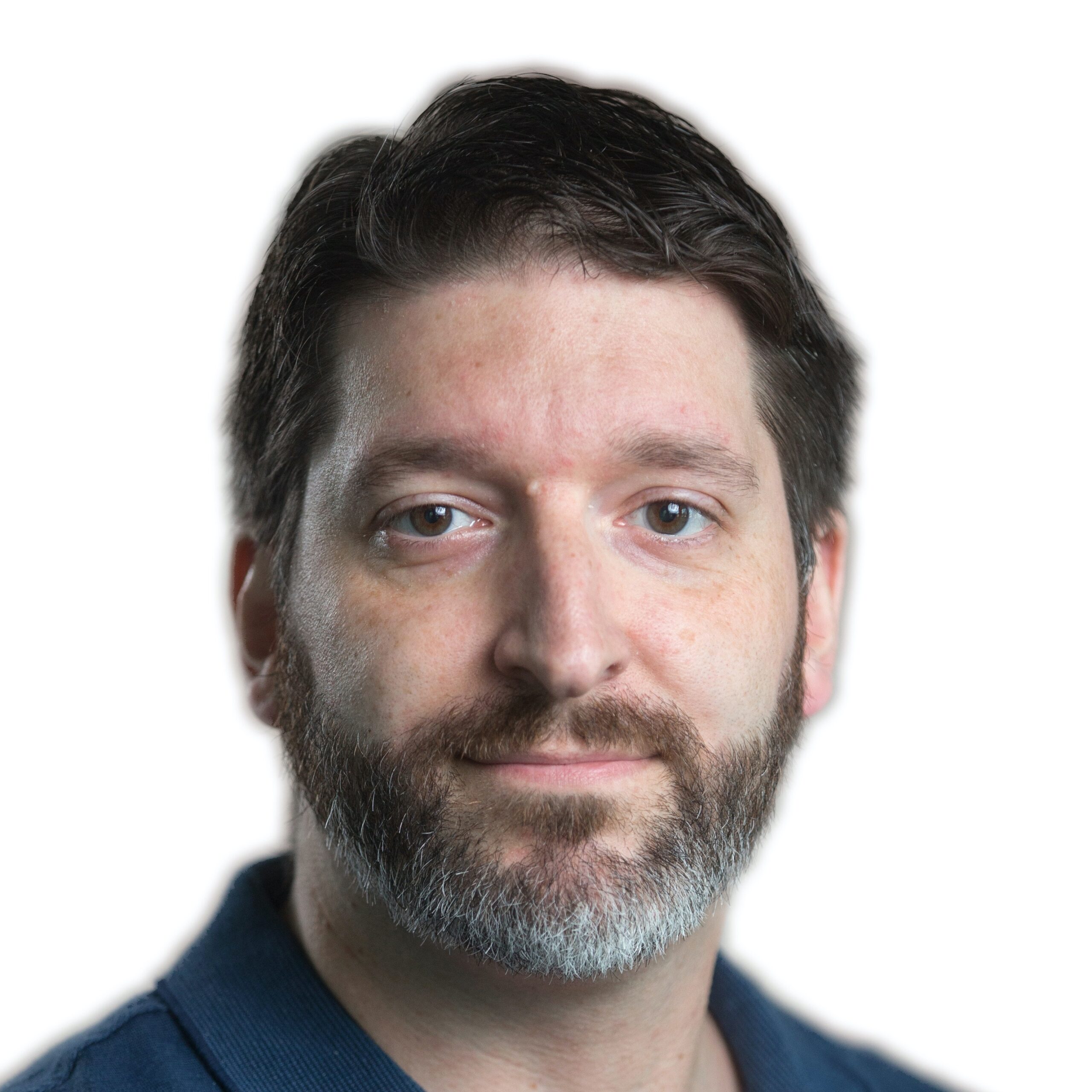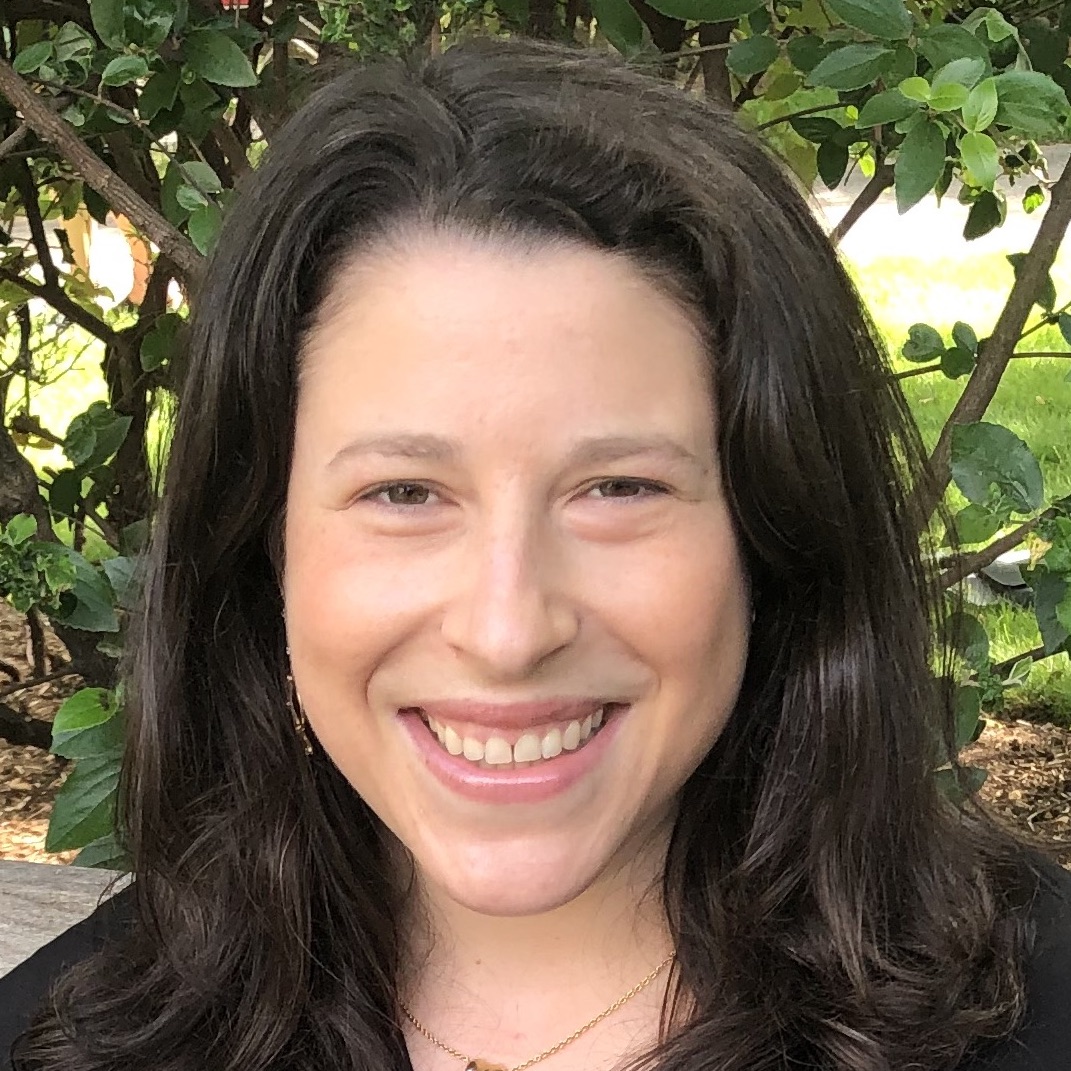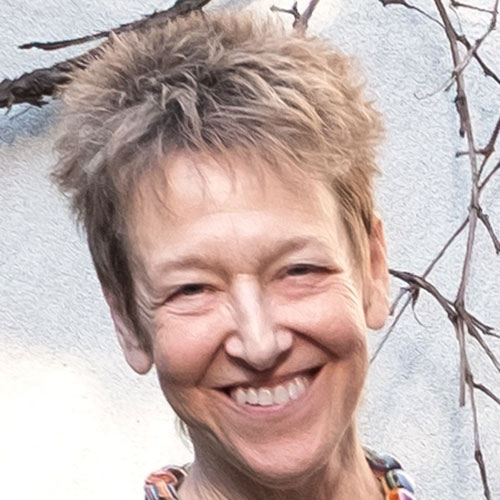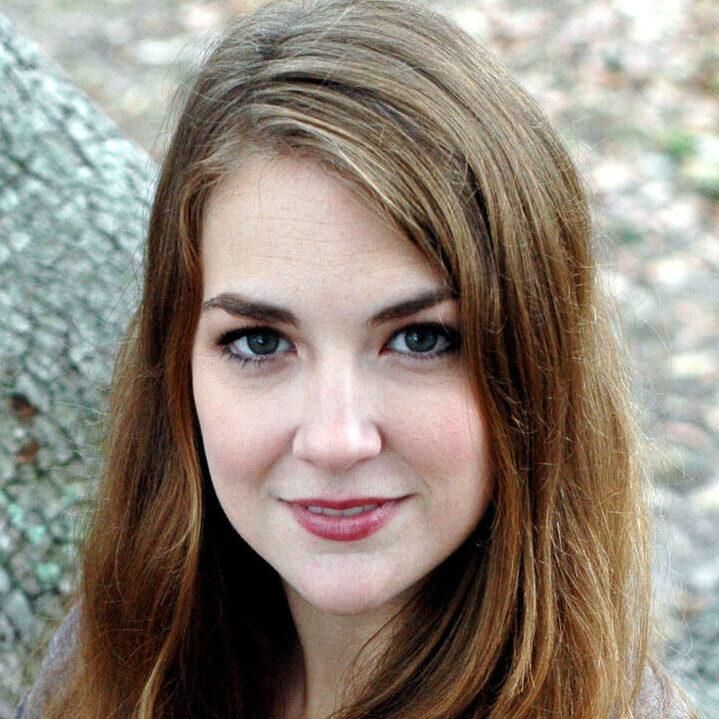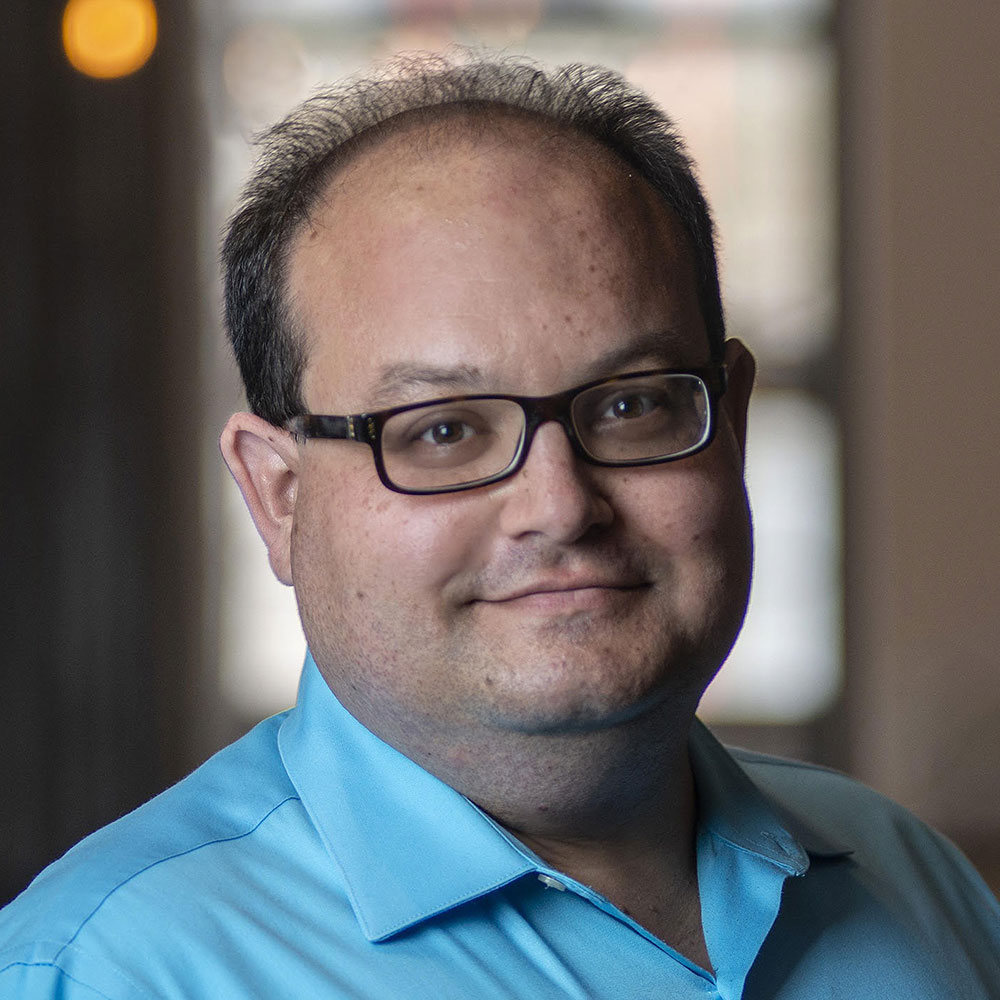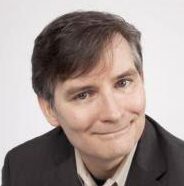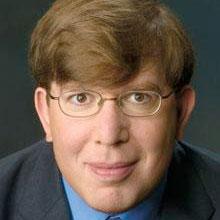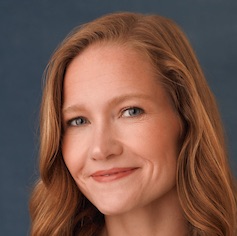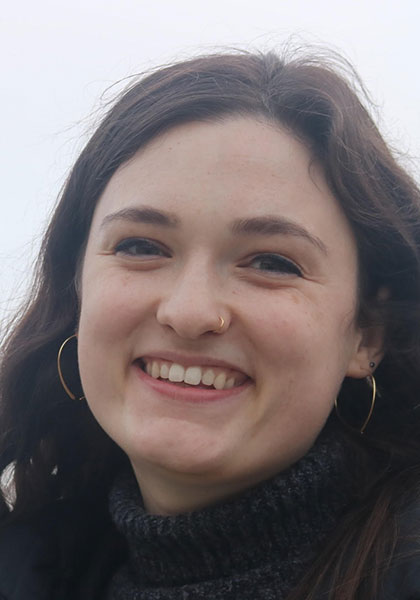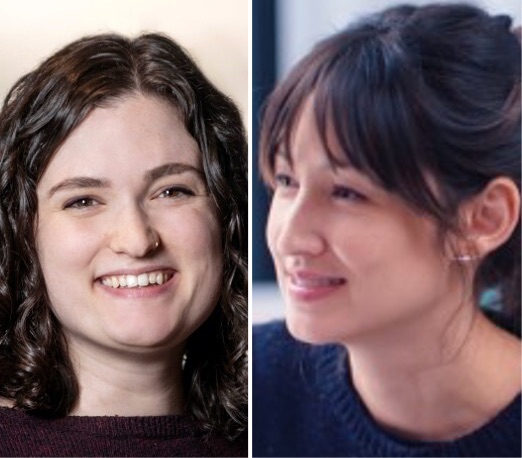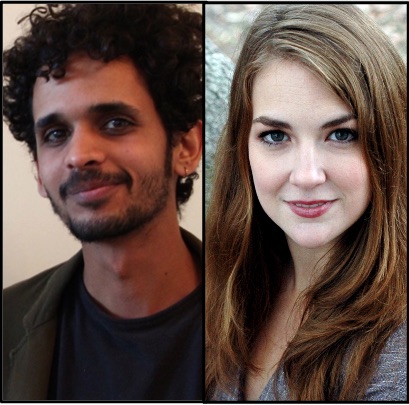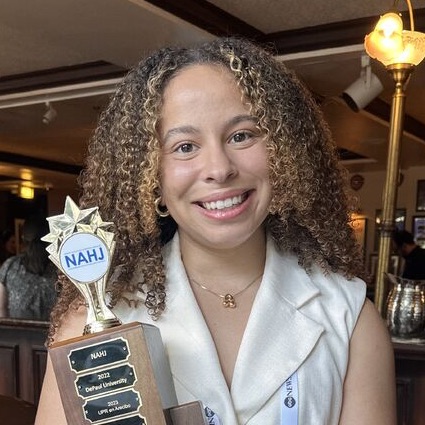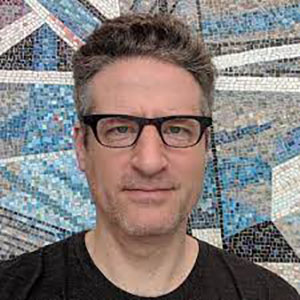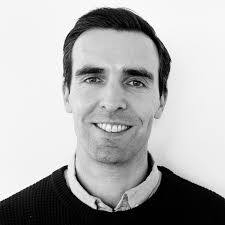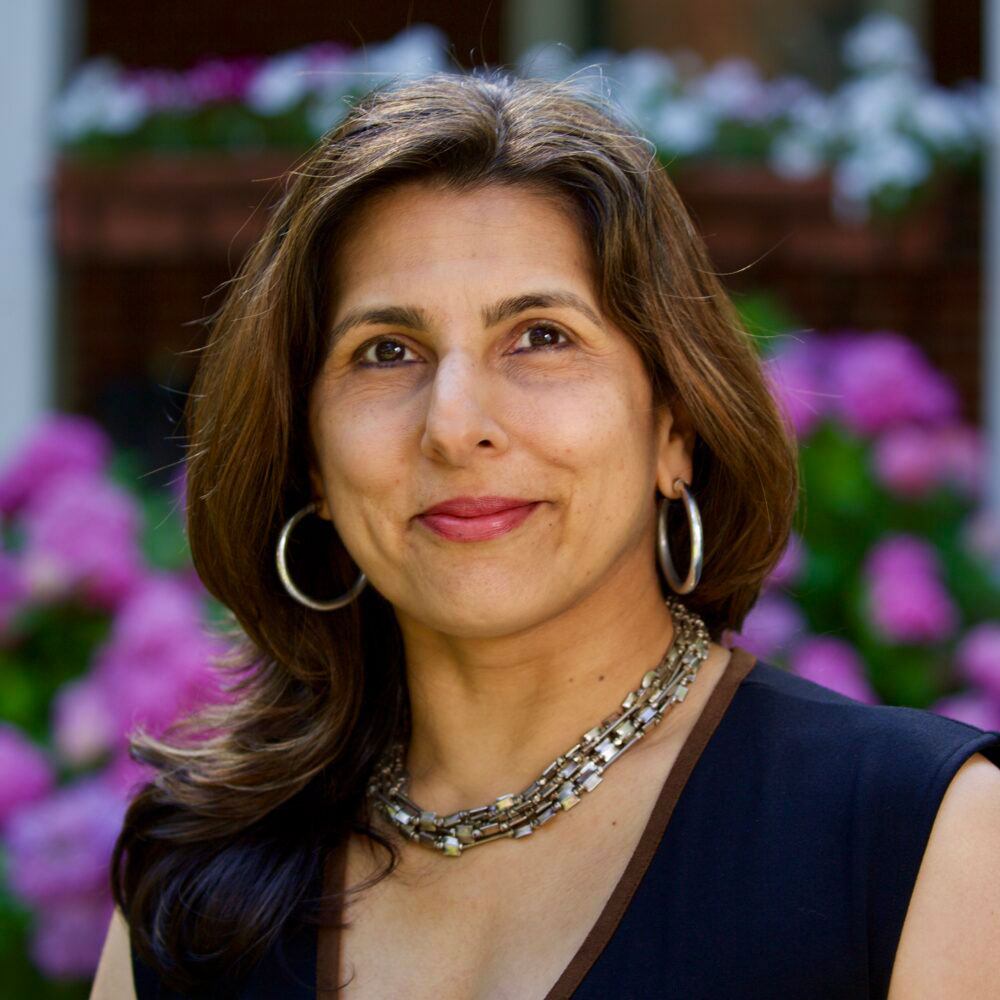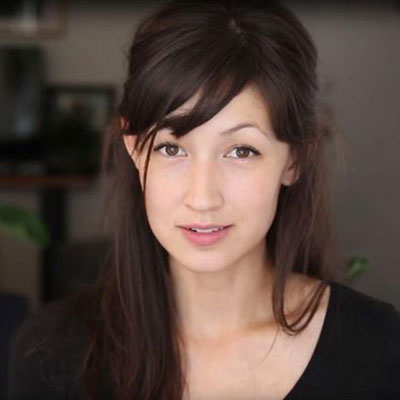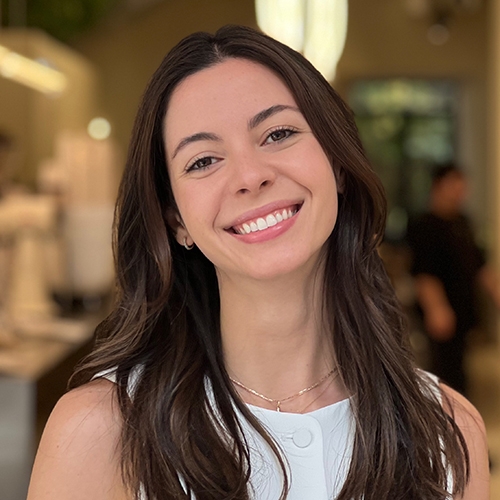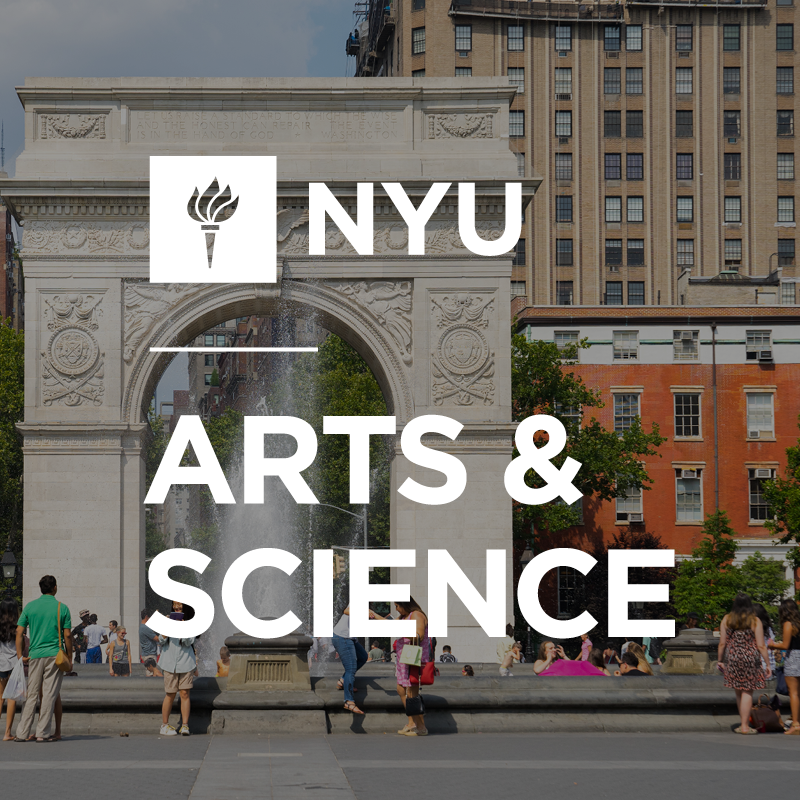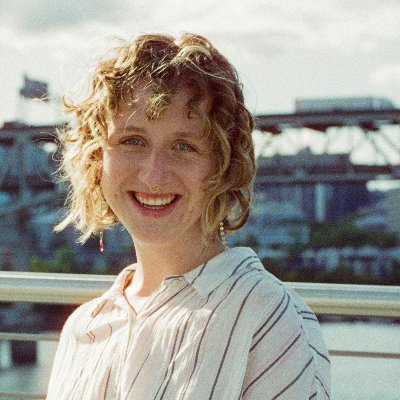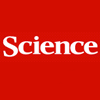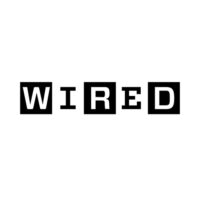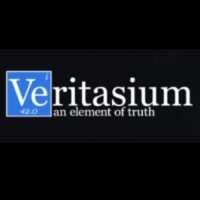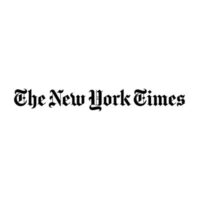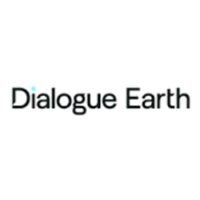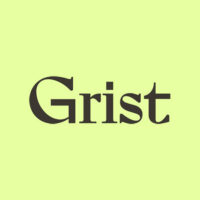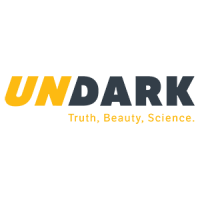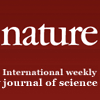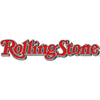
Science, Health &
Environmental Reporting
Because science is too important to leave only to scientists, and journalism is too important to leave to the scientifically illiterate.
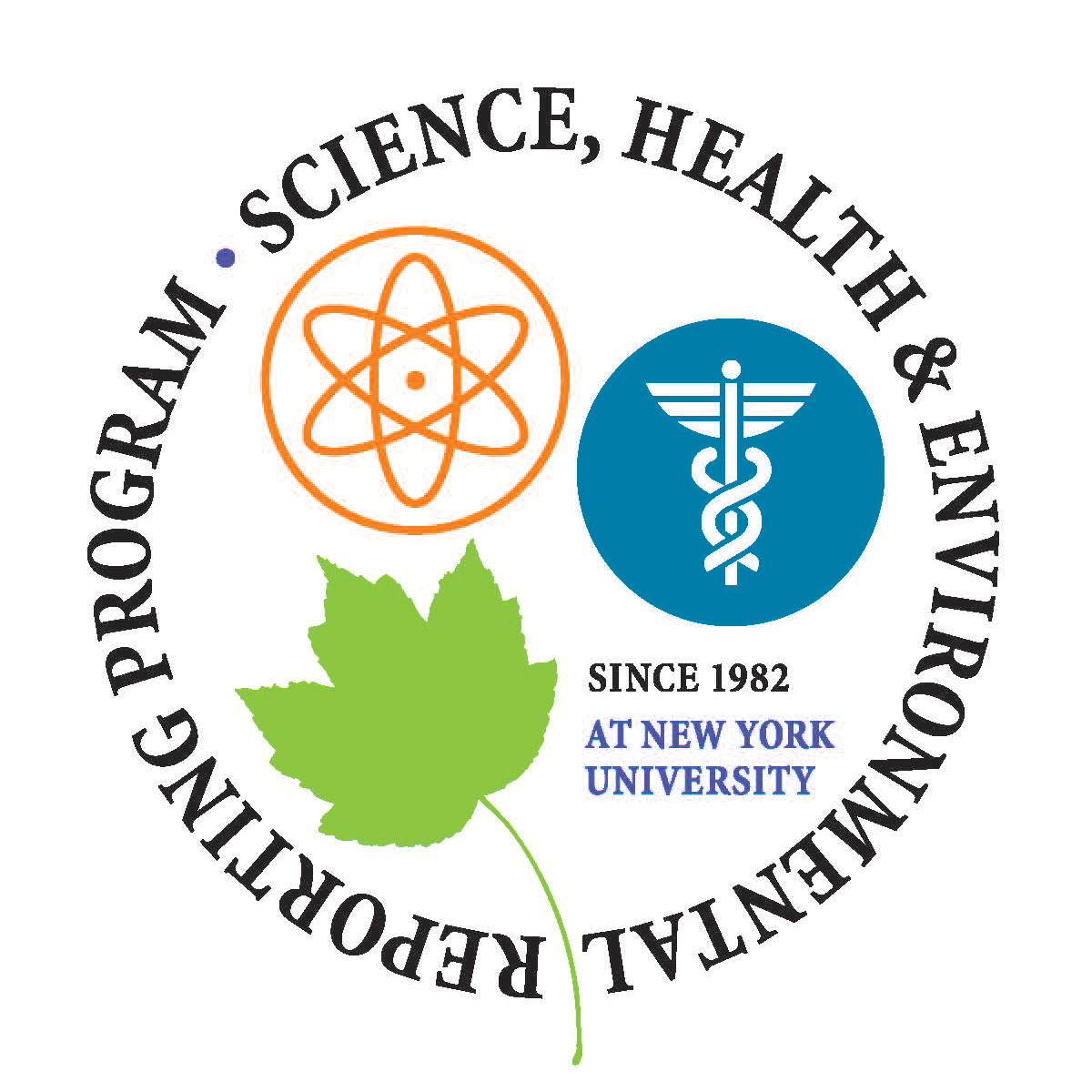
Where Science Savvy Meets Journalistic Excellence
A globally renowned science journalism master’s program, the world’s oldest, we seek curious thinkers and strong writers from diverse backgrounds who share our belief that true stories well told can change the world. Building on a 44-year tradition of excellence and a tight community of highly accomplished alumni (at 503 and counting, it’s the largest alumni network in science journalism, by far), we focus on the joyous work of preparing the next generation of great science storytellers committed to covering scientific, medical and environmental topics with passion and precision.
Work and Learn in the World Capital of Science Journalism
There are more opportunities for aspiring science journalists in New York than anywhere else, and SHERP is the beating heart of this community. Our curriculum consists of 11 classes (including an elective) over 16 months; graduates earn a Master of Arts in Journalism with a concentration in Science, Health and Environmental Reporting. Our students publish and intern at dozens of leading outlets, where their editors are often SHERP alumni. Coursework is focused squarely on learning by doing. SHERP students develop practical, high-level storytelling skills in and out of class by writing — and rewriting! — stories they then publish in professional outlets or on SHERP’s own award-winning publishing platform, Scienceline, which gets more than one million visits per year. While we consider writing, reporting and editing for text stories to be core skills, multimedia storytelling is anything but peripheral. SHERP students start recording audio just days after arriving and later add video storytelling, programming, graphics, and data-mining. Projects range from quick news stories to full-blown investigative features and even a book proposal. Every SHERP student graduates with a rich and diverse portfolio of published work. We also leverage our position in New York and at NYU, a world-class center for science research, to bring in more than 120 journalists, scientists, and other speakers each year to visit classes and take part in other SHERP events.

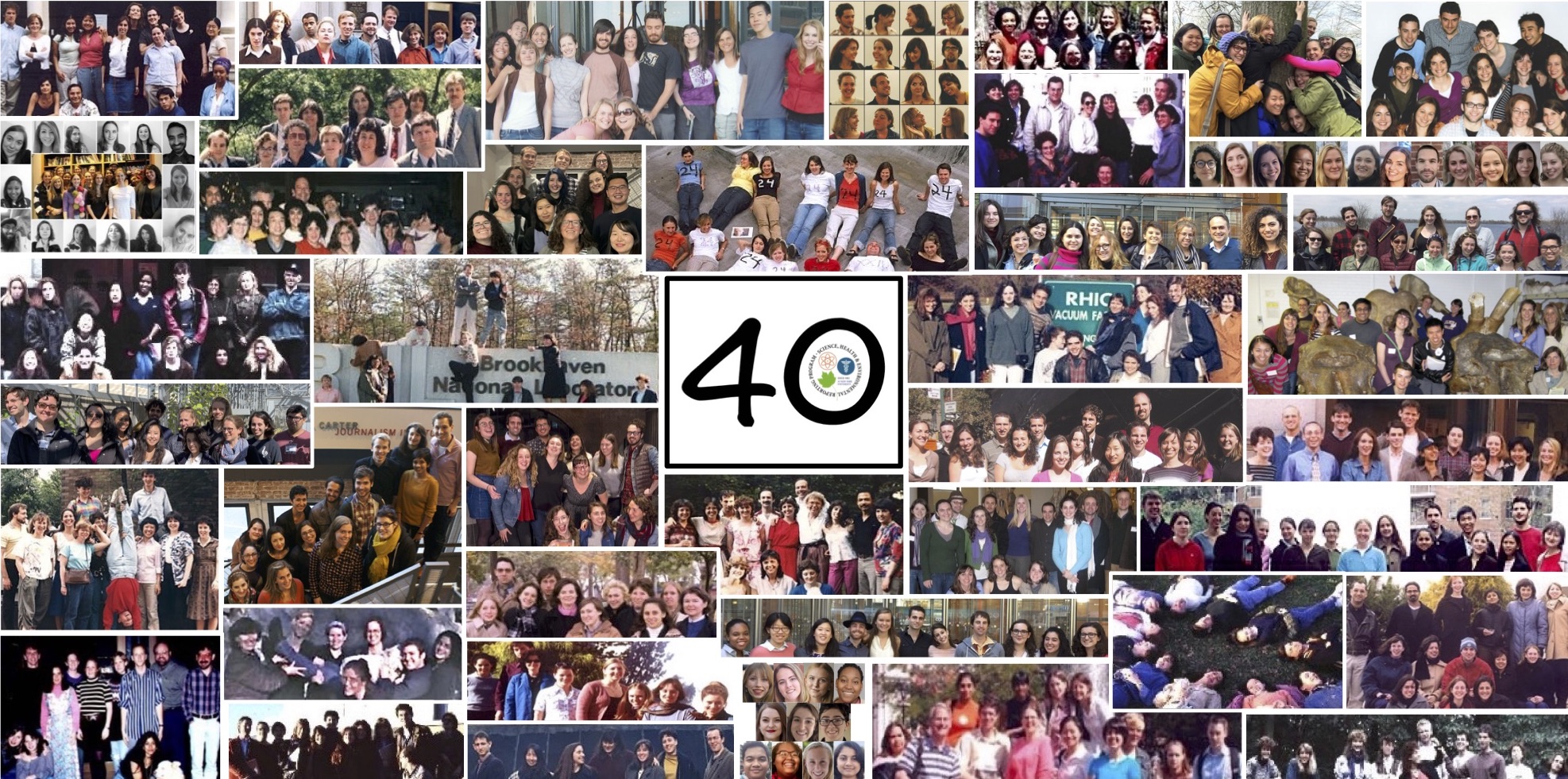
A Commitment to Diversity and Affordability
Central to our mission at SHERP is to serve democracy and advance social progress by diversifying the ranks of science journalism. We seek high achieving students from varied backgrounds and support them with large financial aid awards funded by NYU and by our generous donors, including foundations, alumni and friends. For the five most recent SHERP classes, the average financial aid award per enrolled student has been approximately $71,000. (This average includes only the aid we provide, not scholarships students secure on their own initiative.) The key point is this: If you think SHERP may be the right place for you, please don’t let financial concerns discourage you from applying!
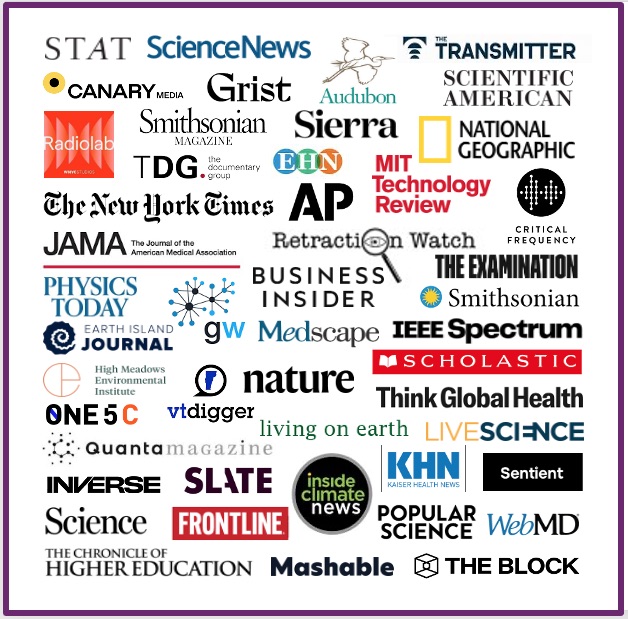
An Unmatched Reputation in the Job Market
SHERP’s job placement track record is unequalled in science journalism. Our graduates are working at The New York Times, The Washington Post, The Wall Street Journal, ProPublica, Scientific American, Radiolab, MIT Technology Review, Inside Climate News, and dozens of other major outlets. With help from our faculty and alumni, every student completes at least two high-level internships or mentorships during their time at SHERP, giving them a major leg up in the job market. We organize frequent networking events, too, including our annual Meet the Editors gathering.
An Alumni Network Spanning 43 Years and 17 Time Zones
Our 503 graduates are a tight-knit group who love to engage with our current students in the classroom, in our mentorship program, at internships. and at our frequent events. (More than 200 attended our 40th anniversary celebration at the Liberty Science Center, including the happy group pictured here.) That means you’ll finish the program with not only a diverse story portfolio, a broad array of skills, and the experience of at least two high-level internships, but also connections to a network of successful journalists who understand exactly what you bring to the table.
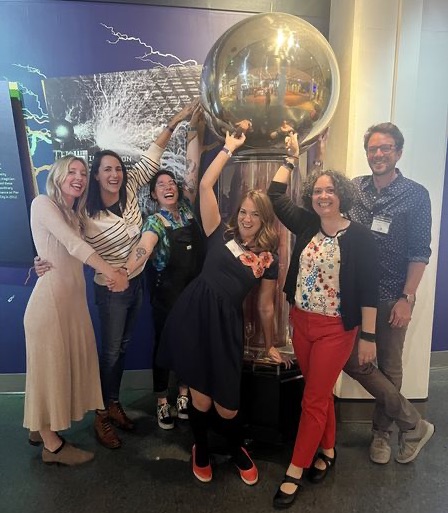
A World-Class Faculty
Every one of our teachers is both a working science journalist and a veteran instructor, with proven records of success in and out of the classroom. Their journalism informs their teaching; their teaching informs their journalism.
